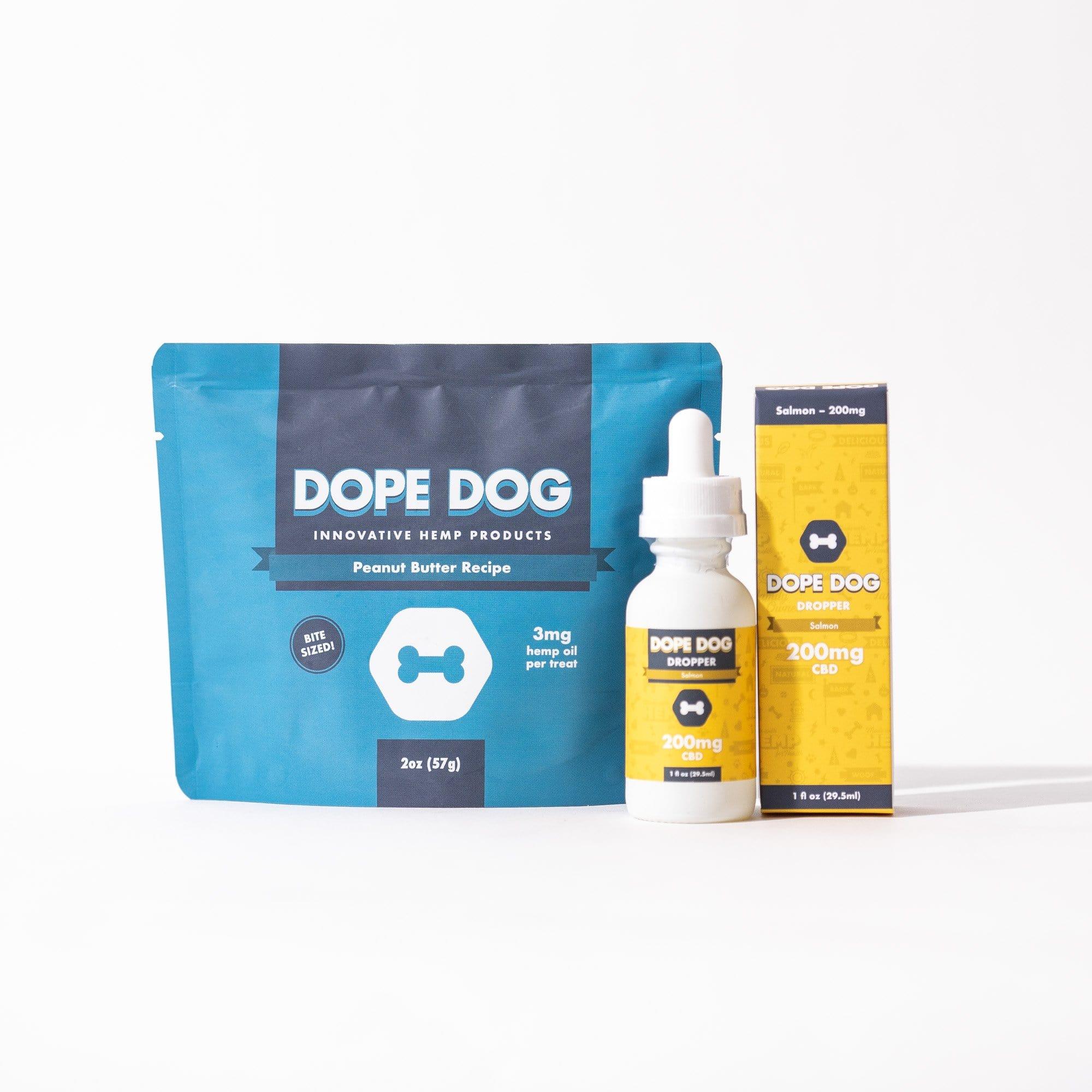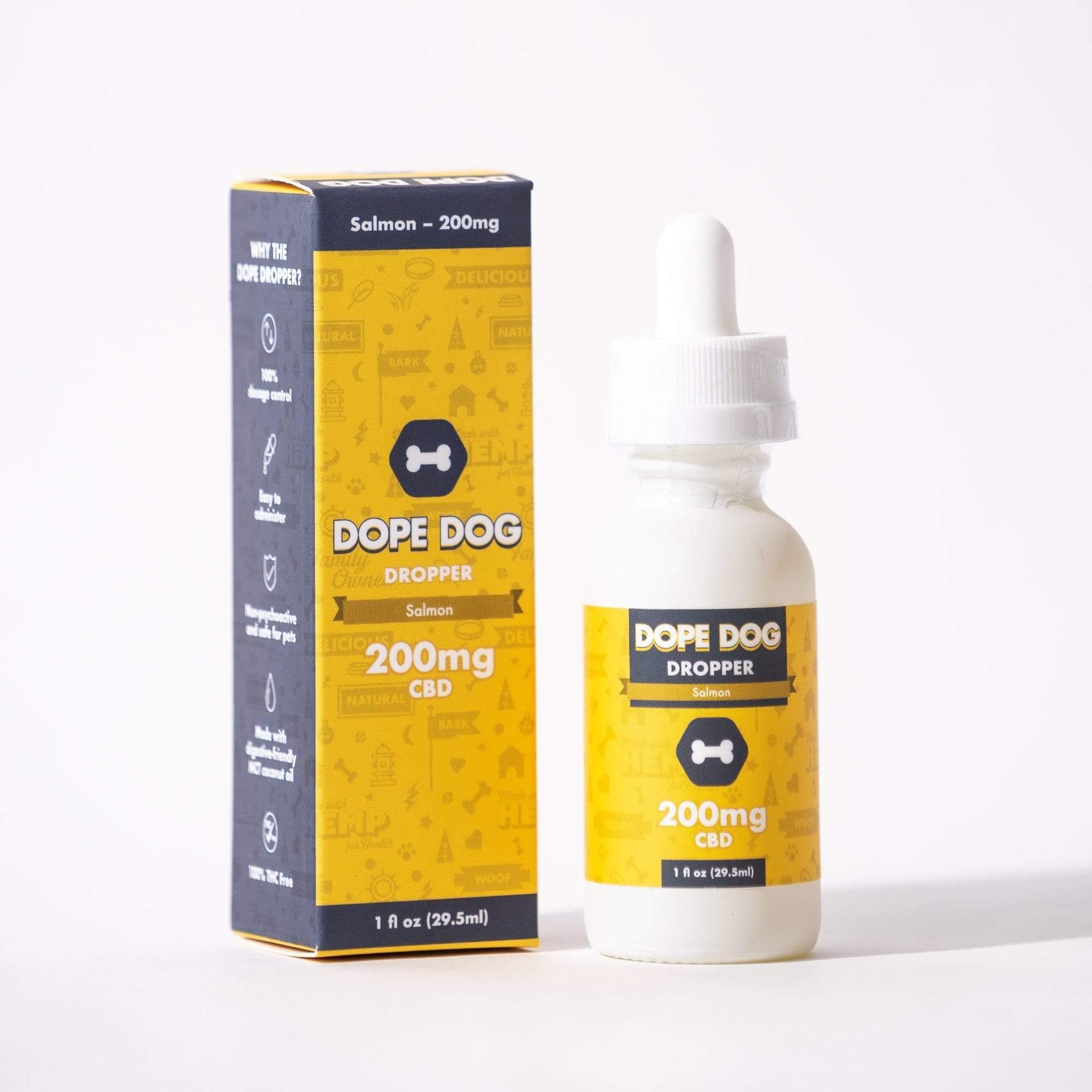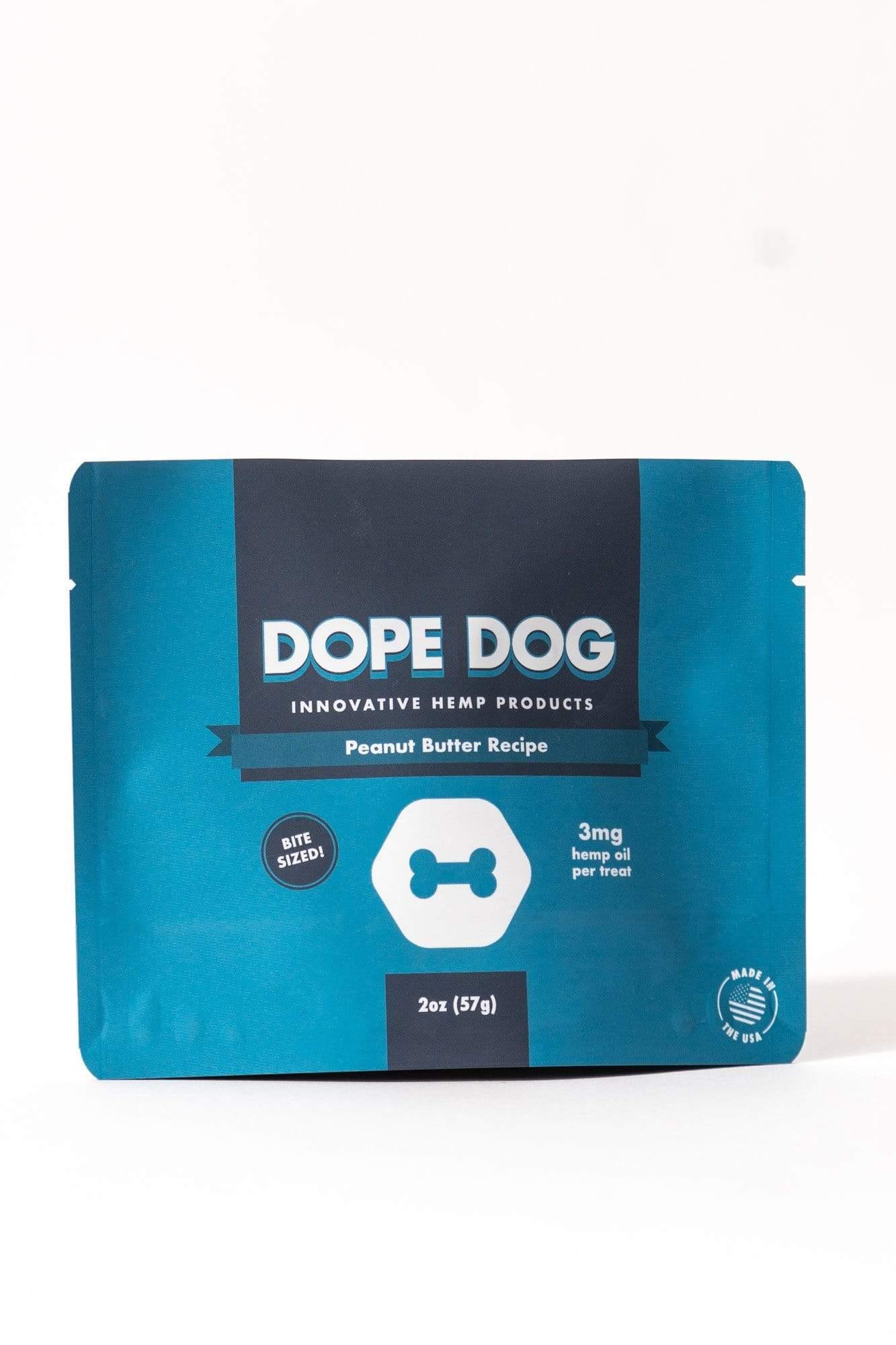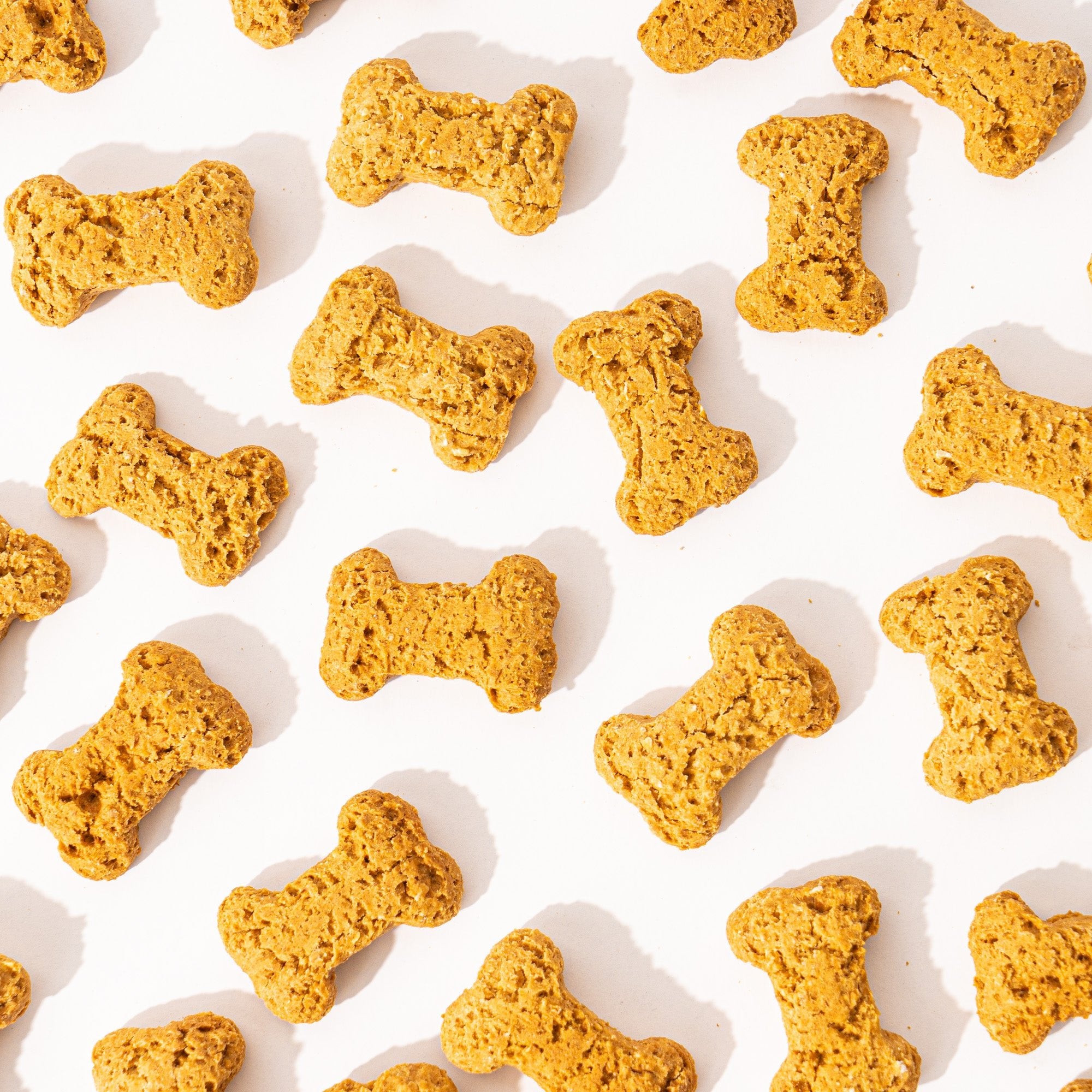When it comes to our furry friends, it's essential to provide them with a well-balanced and nutritious diet. As dog owners, we often wonder if certain human foods are safe for our dogs to consume. One such food that may have crossed your mind is bean sprouts. Can dogs eat bean sprouts?
In this blog post, we will explore the nutritional value of bean sprouts, discuss the potential benefits and risks for dogs, and provide guidance on how to properly include bean sprouts in your dog's diet. So, let's dive in and unravel the truth about feeding bean sprouts to our canine companions.
Related: Why Is My Dog Scared of Me?
Understanding Dogs' Dietary Needs

Dogs have specific dietary needs to ensure their overall health and well-being. Understanding these needs is crucial when considering introducing new foods to their diet, such as bean sprouts. Here are some key points to keep in mind:
- Balanced Nutrition: Dogs require a balanced diet that includes proteins, carbohydrates, fats, vitamins, and minerals. Each nutrient plays a vital role in their growth, development, and maintenance of various bodily functions.
- Animal Protein: Dogs are primarily carnivores, meaning their diet should be rich in animal protein. High-quality protein sources, like meat and fish, provide essential amino acids that dogs need for muscle development and tissue repair.
- Digestive System: Dogs have a shorter digestive tract compared to humans, allowing them to efficiently process animal-based foods. Their digestive system may not be as accustomed to digesting plant-based foods, like bean sprouts.
- Individual Variations: It's important to note that each dog is unique and may have different dietary requirements based on factors such as age, breed, size, and overall health. Consulting with a veterinarian is crucial in determining the best diet for your specific dog.
By understanding these fundamental aspects of a dog's dietary needs, we can better evaluate if. Let's explore the world of bean sprouts and how they align with these nutritional requirements.
Related: Can Dogs Eat Tortillas?
What are Bean Sprouts?
Bean sprouts, also known as sprouted beans, are the young and tender shoots that emerge from various types of beans. These sprouts are commonly used in salads, stir-fries, sandwiches, and other culinary dishes. Their crunchy texture and mild flavor make them a favorite in many recipes.
Bean sprouts are typically made from mung beans, which are small green legumes commonly found in Asian cuisine. You can also make sprouts from other beans like soybeans, lentils, and chickpeas.

To produce bean sprouts, you soak the beans in water for a set time, letting them germinate and sprout. During this process, the beans absorb water, and the sprouts emerge from the beans' outer layer. The sprouts are then harvested and used in various culinary preparations.
These sprouts are rich in nutrients and provide a host of health benefits. However, it is important to evaluate whether bean sprouts are appropriate for our canine companions and if they can safely consume them. In the following sections, we will delve into the nutritional value of bean sprouts and explore whether dogs can safely eat them.
Does your older dog need an inflammation supplement after playing dog games at the park? Shop Dope Dog’s CBD oil-infused dog products
Can Dogs Safely Eat Bean Sprouts?
When it comes to feeding our dogs new foods, it's essential to consider their safety and potential health benefits. Lastly, Let's explore whether bean sprouts are safe for dogs to consume and what precautions should be taken.
Potential Benefits for Dogs
Bean sprouts offer some potential benefits for dogs due to their nutritional composition. These benefits include:
- Low in Calories: Bean sprouts are low in calories and can be a healthy addition to your dog's diet, especially if they are on a weight management plan.
- High in Fiber: Bean sprouts are rich in dietary fiber, which can promote healthy digestion and prevent constipation in dogs.
- Vitamins and Minerals: Bean sprouts contain essential vitamins and minerals, including vitamin C, vitamin K, iron, and folate. These nutrients can support your dog's immune system, bone health, and overall vitality.
Possible Risks and Precautions

While bean sprouts offer potential benefits, there are also risks and precautions to consider:
- Digestive Issues: Dogs have different digestive systems compared to humans, and some may have difficulty digesting plant-based foods like bean sprouts. Introducing sprouts too quickly or in large quantities may lead to digestive upset, such as diarrhea or gas.
- Allergies: Just like humans, dogs can develop allergies to certain foods. While bean sprouts are not a common allergen for dogs, it is still possible for individual dogs to have an allergic reaction. Monitor your dog closely for any signs of allergic reactions, such as itching, swelling, or gastrointestinal distress.
- Contamination: Bean sprouts have been associated with bacterial contamination in some instances. This can pose a risk for both humans and dogs. Lastly, It is important to ensure that the bean sprouts you provide to your dog are fresh, properly washed, and sourced from a reputable supplier.
How to Properly Prepare Bean Sprouts for Dogs
To ensure your dog's safety and derive the most benefits from bean sprouts, it's essential to prepare them correctly.
Firstly, thoroughly wash the bean sprouts under running water to remove any dirt, bacteria, or chemicals that may be present. Next, consider cooking or steaming the bean sprouts to make them easier for your dog to digest. Avoid using excessive oils, spices, or seasonings. It's important to serve bean sprouts in moderation initially, gradually introducing them into your dog's diet while carefully observing their reaction.

Start with small quantities and monitor for any adverse effects. If your dog tolerates them well, you can incorporate bean sprouts into their meals occasionally. Also, Keep in mind that every dog is unique, and what suits one may not suit another. If you have any concerns or questions about feeding bean sprouts to your dog, it's advisable to consult with your veterinarian for personalized guidance.
In the following section, we will explore alternative vegetables that are safe for dogs to consume, providing you with additional options to consider for their overall nutrition.
Related: Stop Dogs From Barking
Alternative Vegetables for Dogs
When it comes to incorporating vegetables into your dog's diet, there are several safe options that can provide them with essential nutrients. Let's explore some alternative vegetables that are generally safe for dogs to consume.
Safe Vegetables for Dogs
- Carrots: Carrots are low in calories and high in fiber, making them an excellent choice for dogs. They are also a great source of vitamins A, K, and C, as well as beta-carotene.
- Green Beans: Green beans are packed with fiber and are low in calories. They can be served raw, steamed, or even frozen as a refreshing treat for your furry friend.
- Sweet Potatoes: Sweet potatoes are rich in vitamins A and C, as well as dietary fiber. They can be cooked, mashed, or even dehydrated into tasty homemade treats for your dog.
- Pumpkin: Pumpkin is a nutrient-dense vegetable that is beneficial for both digestion and weight management in dogs. It is rich in fiber, vitamins A and C, and can be served cooked or pureed.
- Broccoli: Broccoli is a cruciferous vegetable that offers antioxidants, fiber, and vitamins K and C. It is best served steamed or lightly cooked to enhance digestibility.

Vegetables to Avoid
While many vegetables are safe for dogs, there are a few that should be avoided due to potential toxicity or digestive issues. These include:
- Onions and Garlic: Onions and garlic contain compounds that can be toxic to dogs, leading to anemia and gastrointestinal upset. Avoid feeding these vegetables in any form, including cooked or powdered.
- Avocado: Avocado contains a substance called persin, which is toxic to dogs in large quantities. The pit and skin pose a choking hazard, so it's best to keep avocados away from your furry friend.
- Tomatoes: While ripe tomatoes are generally safe in small quantities, it is recommended to avoid feeding green or unripe tomatoes, as they contain solanine, which can be harmful to dogs.
How to Introduce New Foods to Your Dog's Diet
When introducing new vegetables or any food to your dog's diet, it is important to do so gradually and in moderation. Follow these steps:
- Start with Small Portions: Begin by offering a small portion of the new vegetable to your dog and observe their reaction. Look for any signs of allergies or digestive upset.
- Monitor for Reactions: Keep a close eye on your dog after introducing a new vegetable. Watch for any signs of adverse reactions, such as vomiting, diarrhea, or changes in behavior.
- Slowly Increase Quantity: If your dog tolerates the new vegetable well, you can gradually increase the portion size over time.
- Variety is Key: It's important to provide a variety of vegetables to ensure your dog receives a wide range of nutrients. Rotate different vegetables in their diet to promote nutritional balance.

Remember, every dog is unique, and their dietary needs may vary. It is always recommended to consult with your veterinarian before making any significant changes to your dog's diet.
In the next section, we will discuss the importance of consulting with a vet about your dog's diet and how they can provide personalized guidance based on your dog's specific needs.
Related: Dog Probiotics 101
Consulting with a Vet about Your Dog's Diet
Consulting with a veterinarian is crucial when it comes to your dog's diet. They can provide valuable insights and personalized guidance based on your dog's specific needs. Also, Let's explore why consulting with a vet is important and how they can assist you in ensuring a healthy and balanced diet for your furry companion.
Importance of Veterinary Guidance
- Individualized Assessment: Veterinarians have a deep understanding of canine nutrition and can assess your dog's unique dietary requirements. They take into account factors such as age, breed, size, activity level, and any underlying health conditions to provide tailored recommendations.
- Specific Health Considerations: If your dog has any specific health issues, such as allergies, gastrointestinal disorders, or kidney disease, a veterinarian can offer guidance on suitable dietary modifications and food choices.
- Nutritional Balance: Vets ensure that your dog's diet is nutritionally balanced, providing all the essential nutrients they need to thrive. They can help you determine the appropriate proportions of proteins, carbohydrates, fats, vitamins, and minerals to maintain optimal health.
- Weight Management: If your dog is overweight or underweight, a veterinarian can help create a suitable diet plan to achieve and maintain a healthy weight. They can offer guidance on portion control, calorie intake, and appropriate exercise routines.

How Vets Can Assist
- Diet Recommendations: Vets can recommend commercial dog foods that meet the required nutritional standards. They can guide you in choosing high-quality brands that align with your dog's specific needs.
- Dietary Modifications: If you prefer to prepare homemade meals for your dog, a veterinarian can guide you in formulating balanced recipes that meet their nutritional requirements. They can advise on appropriate protein sources, portion sizes, and supplement considerations.
- Allergy Management: If your dog has food allergies or intolerances, a vet can help identify the specific allergens through elimination diets or allergy testing. They can then recommend suitable alternative food options to avoid triggering allergic reactions.
- Monitoring and Adjustments: Vets can monitor your dog's progress and make necessary adjustments to their diet as needed. Regular check-ups allow them to assess your dog's health, address any concerns, and ensure their nutritional needs are being met.
Additionally, an open line of communication with your veterinarian is vital when it comes to your dog's diet. They can provide professional advice, answer any questions you may have, and help you make informed decisions about what is best for your furry friend.
In conclusion, when considering adding bean sprouts or other vegetables to your dog's diet, it's essential to prioritize their safety and nutritional needs. While bean sprouts can offer benefits when prepared and introduced carefully, consulting with your veterinarian is the key to ensuring a balanced and healthy diet tailored to your dog's unique requirements.
Remember, gradual introductions and monitoring your dog's response to new foods are essential practices. By working closely with your vet, you can provide your furry companion with the best nutrition for a happy and healthy life.
![Can Dogs Eat Bean Sprouts? [MUST KNOW FACTS!!]](http://dope.dog/cdn/shop/articles/julio-gonzalez-MQptLt6MGdE-unsplash-775571.jpg?v=1696655987&width=1638)

![Why is My Dog's Ear Swollen? [MUST KNOW!]](http://dope.dog/cdn/shop/articles/tim-higham-QxDXORRktWE-unsplash-555717.jpg?v=1697236049&width=1536)















